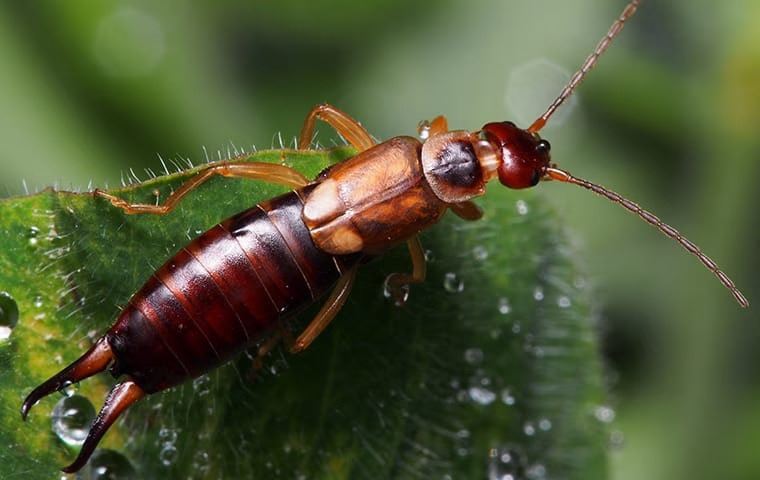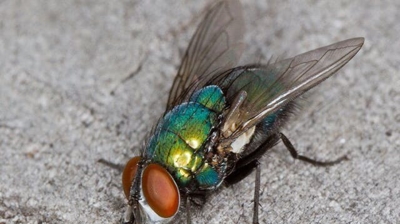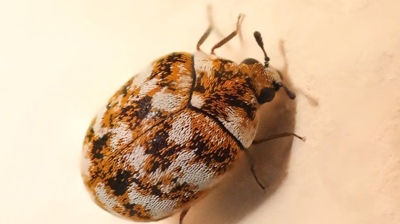
Earwigs Identification & Prevention
Frequently Asked Questions about Earwigs
Have questions? We are here to help. Still have questions or can't find the answer you need? Give us a call at 252-424-7966 today!

-
How can I prevent earwigs in the future?
Pests are not just a nuisance; they pose potential health threats and are capable of damaging property.
- Avoid problems with earwigs with the help of the following prevention tips.
- Seal up spaces in your exterior walls and foundation.
- Place door sweeps on exterior doors, paying particular attention to basement doors.
- Reduce excess moisture in or around your home.
- Cut back overgrown vegetation from the outside of your home to help dry out the soil around your foundation.
- Maintain a crushed rock barrier between any soil and mulch and your foundation.
- Store all dry goods in plastic or glass containers with air-tight containers.
- Inspect items like potted plants and outdoor furniture for earwigs before bringing them inside.
-
How do I get rid of earwigs?
Acquiring help from a professional home pest control expert is the best way to eliminate earwigs and keep them from returning. At Albemarle Termite & Pest Control, our technicians are highly trained and dedicated to providing safe and effective pest control services in Elizabeth City that are affordable. We are a local, family-owned pest control company whose number one priority is putting our customers first and exceeding expectations. For home or business owners looking to eliminate pests from their property once and for all, call Albemarle Termite & Pest Control today!
-
Where will I find earwigs?Earwigs hide in areas that tend to be close to the foundation of homes and other buildings, which is why they so often find their way indoors. Usual hiding spots include under mulch, landscaping ties, trash cans, compost piles, and leaf and woodpiles. Inside you'll find them in basements, bathrooms, crawl spaces, and laundry rooms.
-
Why do I have a earwig problem?Earwigs have become a problem on your property because it is offering plenty of damp, dark areas to live and nest in. They usually move inside to escape harsh weather conditions. They will come in through cracks in the foundation and under basement doors. These insects are also accidentally brought into homes in cardboard boxes, in newspapers, in potted plants, or other objects that were once outside.
-
Are earwigs dangerous?
Earwigs are not dangerous pests though legend has it that they crawl into the ears of sleeping people. The good news is that they do not crawl into the ears of people and pose no physical danger to people.
Earwigs are a type of nuisance and garden pest. Only an extensive infestation of earwigs will cause damage to plants. Earwigs living inside homes will contaminate pantry items such as flour, cereals, and other dry goods with their saliva and excrement, making them inedible.
-
What are earwigs?Earwigs are a dark brown to reddish-brown color with a long slender body flattened from top to bottom. They are a type of insect and occasional invader, meaning they spend most of their time outside, only occasionally finding their way inside to seek shelter. Earwigs are well-known for the appendages (cerci) that extend off of their abdomen, resembling forceps. They use these appendages as a means of defense against other earwigs and other insects.



